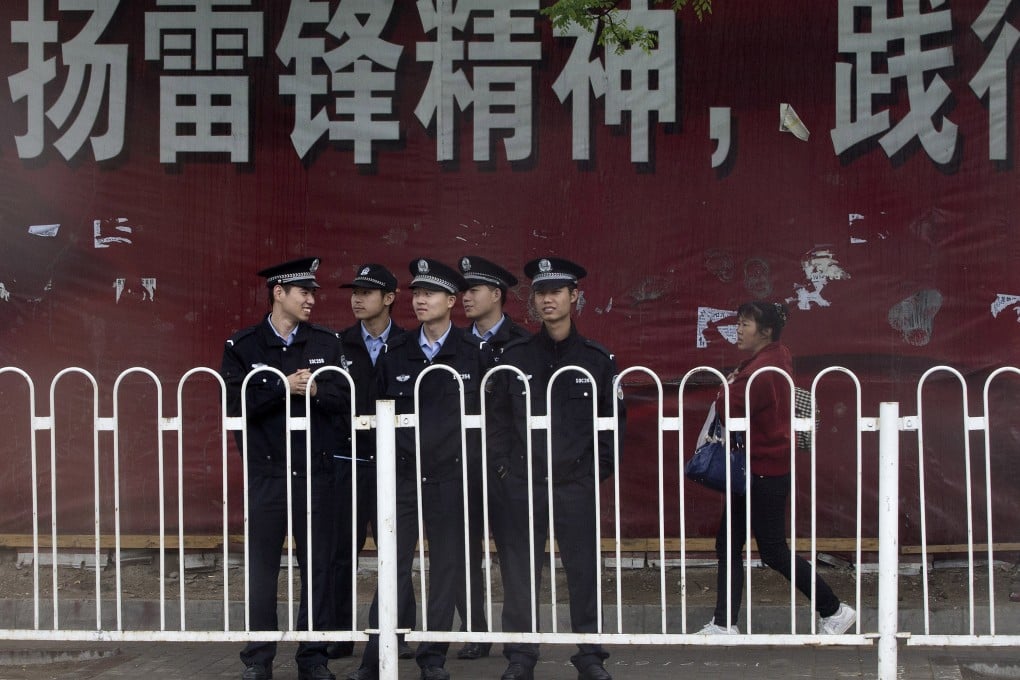China's liberals fight back over spate of 'rumour arrests'

The United States did not sack then president Bill Clinton over his alleged affair with an intern in the 1990s. So was China justified in showing on national TV the arrest of outspoken internet celebrity Xue Biqun, better known as Xue Manzi, for visiting a prostitute? After all, it was only his personal business.
And what illegal measures had police taken to bust Xue? Should Chinese people now fear that hidden cameras and wiretaps have been installed in their bedrooms by police?
These are just some questions Cai Xia, an outspoken professor and reform advocate at the Central Party School, raised in her opinion piece criticising China’s arrests of so-called internet “rumour mongers” and online opinion leaders - such as Xue Manzi, who is also an American citizen and venture capitalist.
Cai drew parallels with recent reports of school children raped by government officials, which were handled quite "differently" by some official media. She argued that Xue’s arrest and the well-synchronised national propaganda campaign which followed shows how “public power” has become an umbrella for the illegal activities by a minority of powerful people. It has also become a way to persecute dissidents in China, Cai argued.
The Central Party School, whose full name is Party School of the Central Committee of the Communist Party, is the top thinktank and directly affiliated with the Party's power centre.
Cai cautioned that such blatant abuse of public power would only intensify conflict between the conservatives and liberals in China. Cai said that eventually this could force people to protest in the streets - against the wishes of the ruling party.
“It’s important that we discuss what public power should and should not do in a country which respects the rule-of-law,” Cai urged.
